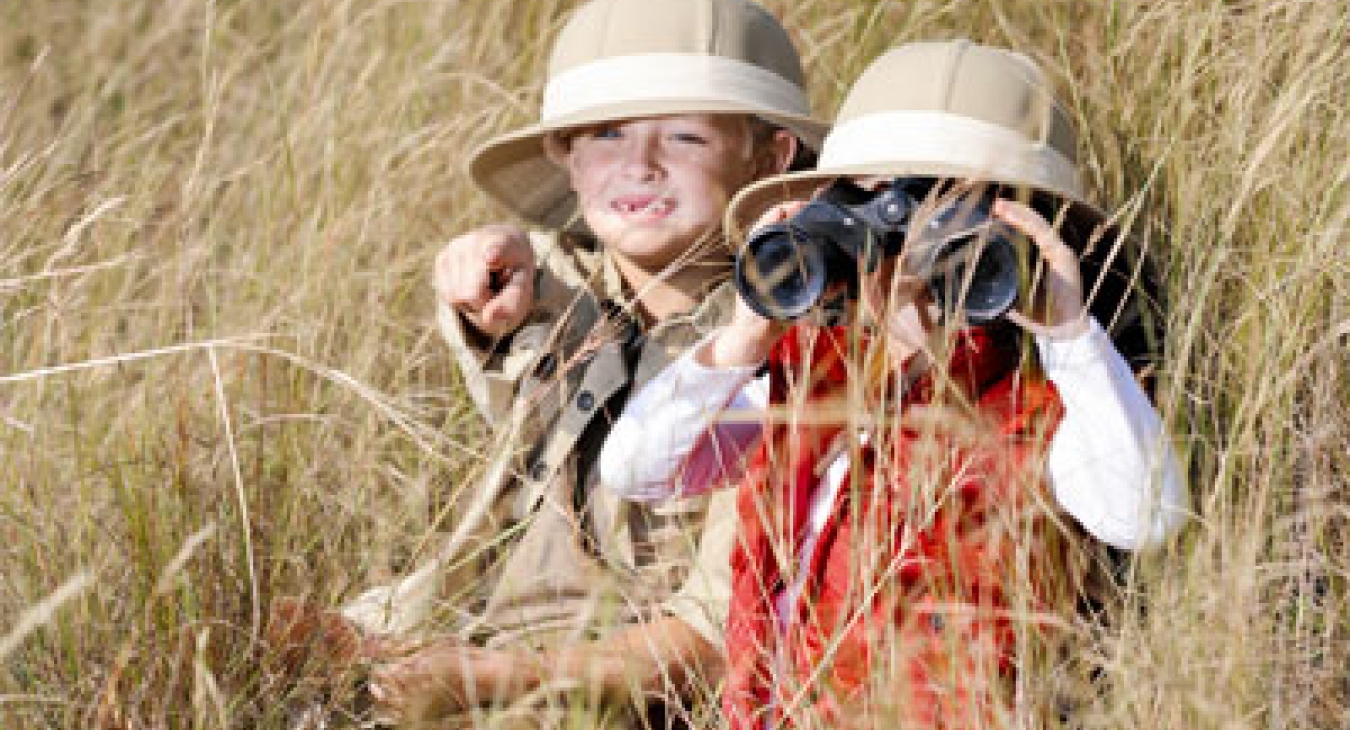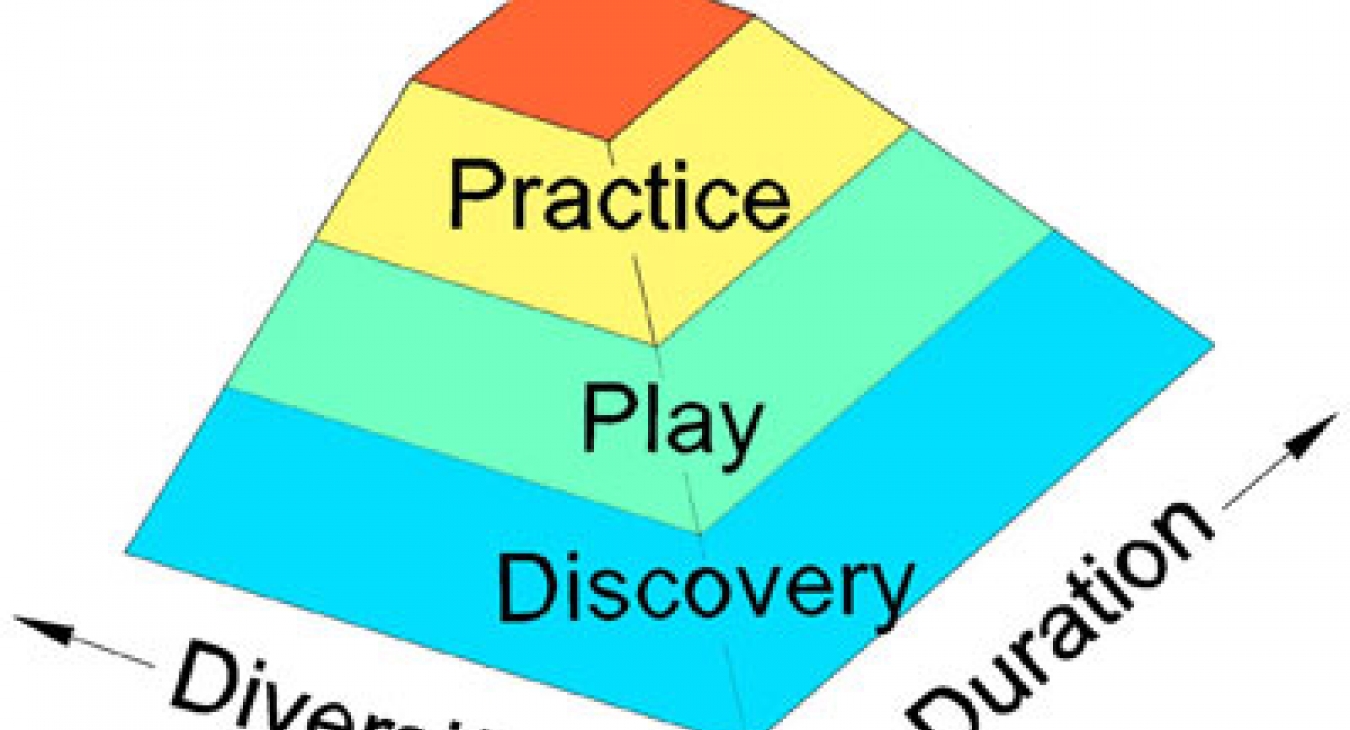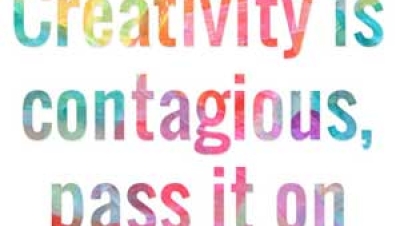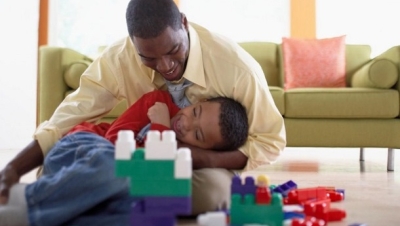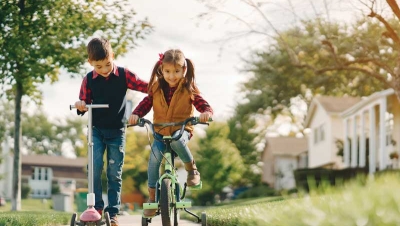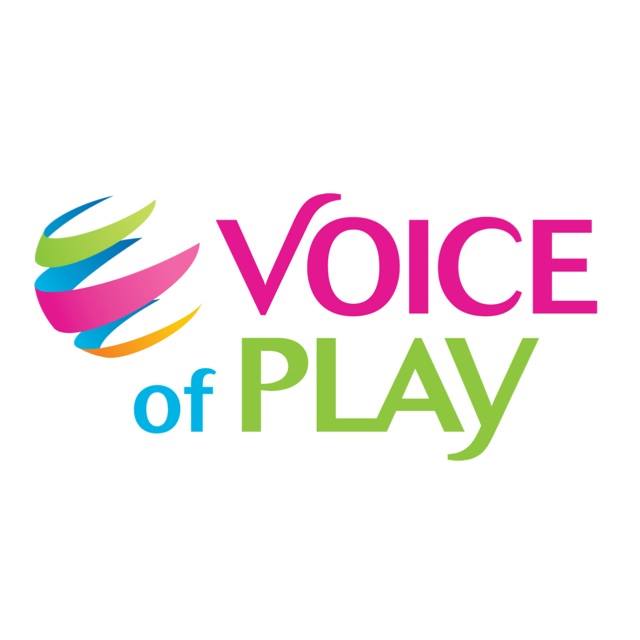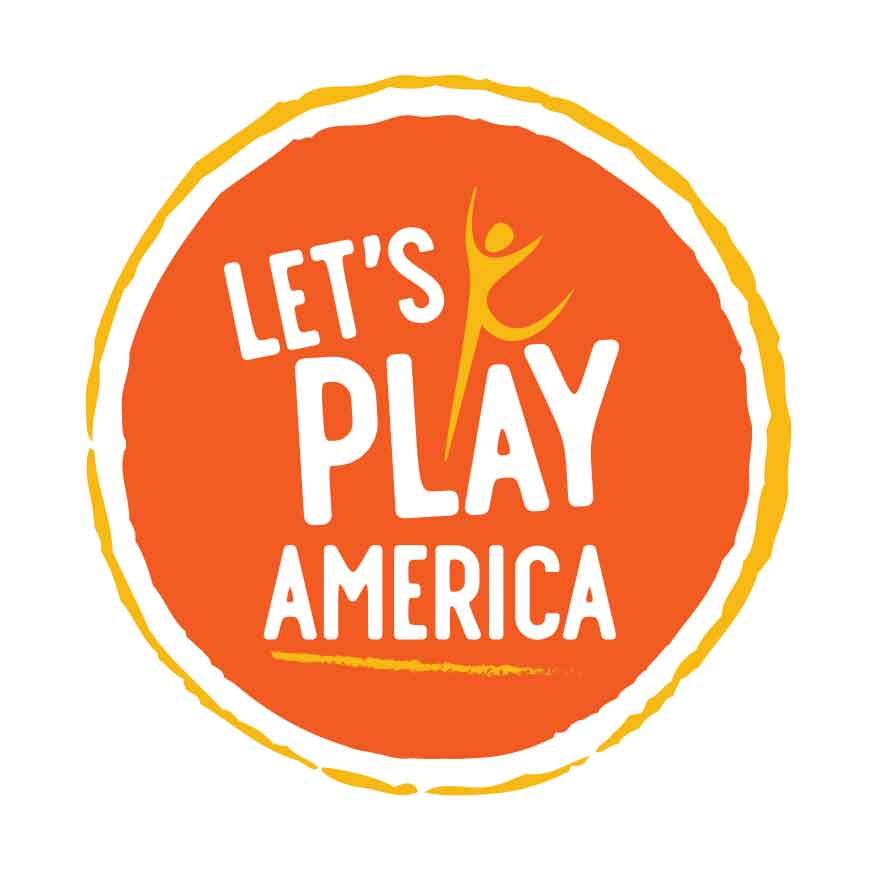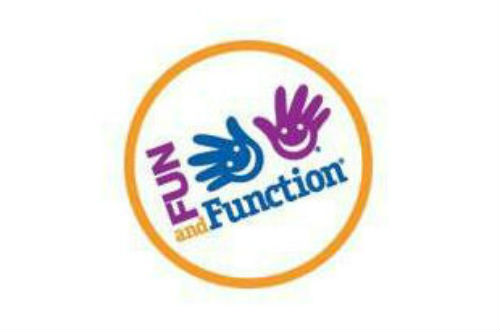Play is a Skill
In a previous article, Play is Not Important, I proposed that we look at play as part of a continuum of learning from discovery to mastery. I recently had a wonderful experience playing with my granddaughter that gave me an expanded understanding I’d like to share.
My point in the previous article was that thinking about play as a separate type of behavior makes about as much sense as talking about gardening and only looking at flowers. Play is best thought of not as a distinct behavior but rather as one layer in continuous spectrum behaviors driven by a complex brain, a child’s or other “smart animal,” as it goes through the process of integrating information. By compartmentalizing play we fall into the trap of thinking that playground equipment and toys are what support play. In fact what fosters the most play behavior are environments that are “open-ended.” For example, a traditional slide has only one “right” way to use it. In contrast a wide plank on an Adventure Playground can be a slide, teeter-totter, bridge, catapult, etc.
We’ve all seen a parent carrying a baby face out to the world. Their eyes are wide, their expressions open, their brains are just taking it all in. And it’s not just the visual world; all of the baby’s senses are hungrily gathering data about the world around them. We know from studies of children that have tragically suffered stimulus deprivation, that without it children fail to thrive.
The literature is full of various theories about the importance of play and debates about its function. For me, as a play environment designer, the most significant aspect of play is that there is as much complexity as possible for when play occurs in a setting with abundant “stuff,” the learner has more opportunities to engage those aspects that are most interesting. Indeed, I always perk up ears when I hear a child say, “Now, that’s interesting!” because I know that I am in the presence of intelligence in action, of a complex brain that’s learning. Of course, what supports play most is a playmate, as interaction with other children is the most complex element in any play space.

Parents are often confused and even alarmed when their child does the same thing over and over, or when they do things that they have “grown out of.” Instead of thinking that development proceeds in a lineal fashion, we should understand what is really going on. Many, many repetitions are required for brain cells to link up and create the permanent storage that allows for instant recall. Once cemented through practice, this integrated information forms the basis upon which subsequent learning and skills are based. Repeating “infantile” behaviors makes sense when you understand that this allows the learner to reengage with something they already know well in the context of what they have learned since the last time they did those activities; think of it as cross-referencing.
Practice makes perfect; but practice is most sustainable and effective when the activity that is being practiced is self-selected. It is rare indeed that forced practice leads to mastery. That’s why it is essential that parents and educators wait – they must wait until they see what the learner selects as the subjects and activities that are most interesting to them. Non-directed play will inevitably lead to practicing the aspects of those activities that are the most “fun.” Having fun, i.e. enjoying the challenge of doing something really well, will eventually lead to mastery.
If you agree with my contention that play is an emergent quality that grows out of discovery, it follows that we can discern how play can be enhanced to the greatest extent. First, child-centered play is best because the play naturally grows from the child’s need to create their “world” and order their experience. Second, the more diverse the learner’s access to discovery, the more complex their play will be. Finally, the longer the learner is allowed to stay in the discovery stage, the broader and deeper their play.
Making Something Out of Nothing
What happens when natural exploration and play are allowed to flower is that the child becomes extremely creative. They can effortlessly make “something out of nothing.” We see this so often in child’s play; the train ticket that is invisibly held between fingers, the monster under the bed, etc.
Such creative play is the essential skill we seek to foster. And make no mistake; it is a skill, one that is easy to discern when we pay attention to the actual content of the play. For example, as in my granddaughter’s case, there are kids who can be entertained for hours with just a piece of string. It is noted that these are children who lack toys and so are inventive out of privation with their creative minds alone, who can conjure up rich play episodes of very long duration from the simplest of ingredients, or even nothing but imagination.
For a great example of play becoming mastery, check out this video: https://www.facebook.com/photo.php?v=10151556079421607&set=vb.143976278999448&type=2&theater


